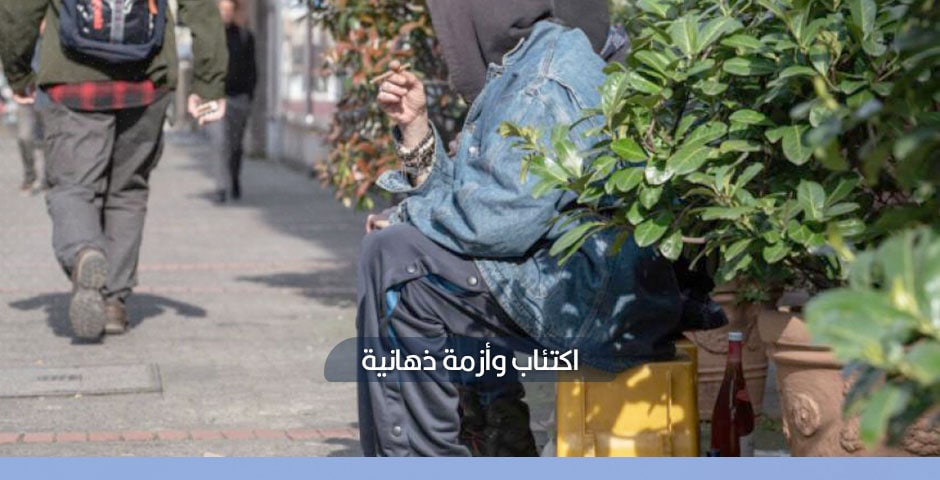Raghed Haroun, former medical director of Ibn Sina Mental Hospital, has said that Syrians’ living conditions have increased rates of depression in Syria.
“As a result of difficult living conditions and the concern of making ends meet, depression and psychotic crisis have increased,” Haroun said, noting that the number of patients has increased significantly.
According to the psychologist, “through the nature of complaints brought by patients who have revealed their mental troubles, it is clear that they have reached a stage of despair and frustration. After this point, such patients enter a medical condition that is either depression, anxiety, or psychotic issues. And these figures have risen as a result of the economic crisis.”
Haroun said that there has been an increase in treatment for addiction due to economic hardship.
He told Melody FM radio that these addicts were unable to buy drugs including captagon, heroin, and hashish due to high prices. Accordingly, they chose to quit and resort to treatment for their addiction.
Over 90% of Syrians live below the poverty line, while food insecurity threatens more than 60% of people, according to UN statistics.
At the same time, war-torn Syria is classified as a drug state, having exported more pills and narcotics than it has exported legitimate exports.
According to a report by American magazine New Lines, the volume of the drug trade in the Middle East exceeded $5 billion in 2021. The report indicated that the Syrian regime is one of the most prominent participants in the captagon industry.
This article was translated and edited by The Syrian Observer. The Syrian Observer has not verified the content of this story. Responsibility for the information and views set out in this article lies entirely with the author.


